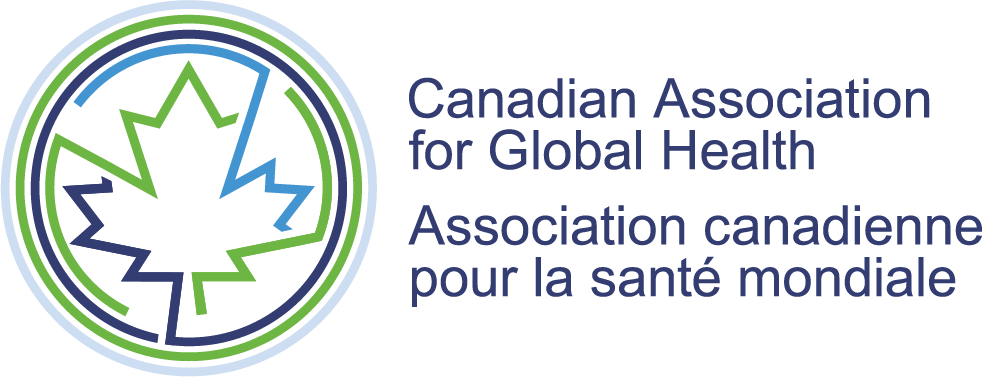2021 CCGH
Rethinking Partnership Paradigms in Global Health
The CCGH 2021 hybrid counted over 830 participants from more than 60 countries! CCGH 2021 was hosted in partnership with the University of Allied Sciences (UHAS) located in Ghana. This was CAGH's first collaboration with an international university to host its annual event.
In the global advance towards 2030, there is a sense of urgency to evaluate if partnerships in global health at home and abroad are sufficient in their present form to reach the United Nation’s Sustainable Development Goals (SDGs). The SDGs require an integrated and horizontal approach to achieve universal health care, equity and an end to poverty by 2030. By their design, one goal is dependent or related to another. It is therefore impossible to address health without considering its determinants, including the impact of connections between people, animals and their ecosystems. The complexity of the SDGs and the current state of the planet requires a paradigm shift in the way we work together. Silos, one-directional knowledge flow, North-South or top-down approaches are no longer “fit for purpose” in partnerships and need to be reviewed in light of the values of compassion, equity, inclusion and respect.
While there are many paradigms for partnership, CCGH 2021 provided a platform to highlight different partnership models at local, national and international levels and understand how they contribute to equitable and sustainable outcomes. Many of the new paradigms explored at the CCGH focused on the importance of overcoming implicit racism and neocolonialism in longstanding North/South aid relationships, hence requiring a culture shift and a system shift in how NGOs see themselves and relate to one another.
The Subthemes were:
1. Accounting for power and privilege to improve equity in partnerships
2. Lessons learnt from the global pandemic towards more resilient systems
3. Planetary health and opportunities for new partnerships
Plenary speakers included the following individuals:
Her Excellency the Right Honourable Mary May Simon - Governor General of Canada
Hon. Kwaku Agyeman Manu - Minister of Health, Ghana
Seye Abimbola - Utretch University
David Addiss - Task Force for Global Health
Dr. Fawad Akbari - Regional Deputy Director of Programs and Partnerships (North America) Aga Khan Foundation
Emefa Apawu - Multimedia Group limited. Ghana
Hélène Carabin - Université de Montréal
Timothy Caulfield - University of Alberta
Thoko Elphick-Pooley - Uniting to Combat NTD, G7 Taskforce on Global Health
Tim Evans - McGill University
Margaret Gyapong - University of Health and Allied Sciences
Richard Jock - Chief Executive Officer, First Nations Health Authority
Dr. Rozina Karmaliani - Dean and Professor, School of Nursing and Midwifery, The Aga Khan University, Pakistan
Catherine Kyobutungi - African Population and Health Research Center (APHRC)
Rachel Kiddell-Monroe - SeeChange Initiative
Kelsey Lemon - Canadian Red Cross
Pamela Sabina Mbabazi - World Health Organization
Shailey Prasad - University of Minnesota
Pamela Roach - University of Calgary
Max Seunik - Young Diplomats of Canada
Dr. Shams Syed - Unit Head, Quality of Care at WHO Headquarters
Theresa Tam - Government of Canada
To view some recorded plenary sessions and other events held during the conference, please visit CAGH's Youtube Channel.
